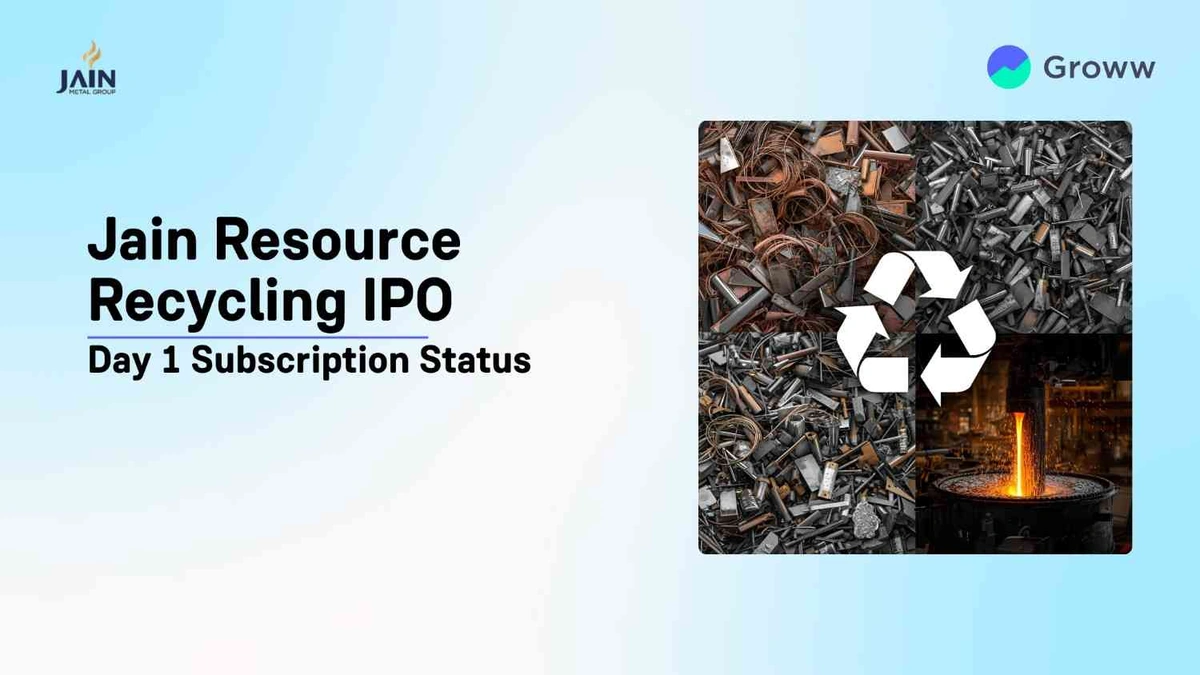What is Knowledge Realty Trust? And Why It Could Change How You Think About Real Estate
Let’s grab a virtual coffee and talk about something that’s deeply ingrained in the Indian psyche: owning property. For generations, the ultimate sign of “making it” has been buying a plot of land, a flat, or a house. It’s our security, our nest egg, our legacy. But let’s be honest, it’s also a massive headache. The huge down payment, the endless EMIs, the nightmare of finding good tenants, the leaky pipes at 2 AM… you know the drill.
Now, what if I told you there’s a different way? What if you could own a slice of a swanky, glass-fronted office park in Bengaluru, or a piece of a high-tech data centre in Mumbai, all for less than the price of the latest iPhone? This isn’t science fiction. This is the world of Real Estate Investment Trusts, or REITs. And the idea of something like a knowledge realty trust is where this story gets really, really interesting.
This isn’t just another financial product. It represents a fundamental shift in how we, as regular investors, can participate in the growth of India’s most valuable commercial spaces. So, let’s break it down.
Let’s Be Honest | What Exactly is a REIT? (And Why Should You Care?)

Okay, let’s cut through the jargon. At its core, a Real Estate Investment Trust (REIT) is a company that owns, operates, or finances income-generating real estate. Think of it like a mutual fund. With a mutual fund, you pool your money with other investors to buy a basket of stocks. With a REIT, you pool your money to buy a portfolio of properties.
These aren’t just any properties. We’re talking about Grade-A assets:
- Gleaming office towers leased to multinational corporations.
- Sprawling shopping malls with high footfall.
- Massive warehouses and logistics hubs that power e-commerce giants.
- Luxury hotels in prime locations.
You, the investor, can buy units of this REIT on the stock exchange, just like you’d buy shares of Reliance or TCS. And here’s the best part: In India, the market regulator SEBI has a rule that makes REITs incredibly attractive. According toSEBI’s REIT regulations, these trusts are mandated to distribute at least 90% of their net distributable cash flows to their unitholders. In simple English? You get a regular payout, which is essentially your share of the rental income collected from all those properties.
So, you get two things:
- Regular Income: Through dividends/payouts from the rental income.
- Capital Appreciation: The value of your REIT units can grow over time as the property values increase.
It’s a way to get into the real estate game without the massive capital or the management migraines. That’s what is a REIT in India in a nutshell.
The “Knowledge” in Knowledge Realty Trust | This is Where it Gets Interesting

Now, while there are REITs in India that focus on a mix of assets, the term “Knowledge Realty Trust” points to a fascinating, specialised strategy. This isn’t about owning any random building. It’s about owning the real estate that powers India’s brainpower the knowledge economy.
What fascinates me is the focus. A hypothetical knowledge realty trust wouldn’t just buy a mall. It would strategically invest in:
- IT & Tech Parks: The sprawling campuses in Hyderabad, Pune, and Bengaluru that house the biggest names in technology. These companies sign long-term leases and are incredibly stable tenants.
- Data Centers: The invisible engines of our digital world. Every time you stream a movie, post on social media, or use a cloud service, you’re using a data centre. Their demand is exploding, making them a prime real estate asset.
- Life Sciences & R&D Campuses: The laboratories and research facilities where breakthroughs in medicine and technology happen. Think biotech hubs and pharmaceutical R&D centres.
- Built-to-Suit Corporate Offices: Prime office buildings custom-built for and leased to single, high-credit-quality corporate tenants.
Why is this so smart? Because you’re not just betting on real estate; you’re betting on the unstoppable growth of India’s tech, digital, and service sectors. It’s a much more targeted and, arguably, more resilient strategy than just owning a generic mix of properties. This is a pure-play commercial real estate investment in India’s future. It’s a bit like understanding the nuances of the market, similar to how one might analyze the factors behind theDLF share price story, but for a whole portfolio.
So, Is This Better Than Buying a Flat in Gurgaon? REITs vs. Physical Property
This is the million-rupee question, isn’t it? The dream of owning a 2BHK is powerful. But let’s put it to a practical test. How does investing in a REIT stack up against buying a physical property?
The Ticket Size:
- Physical Property: You need a massive amount of capital upfront. We’re talking lakhs, if not crores, even with a home loan.
- REIT: You can start with just a few thousand rupees. A single unit of a listed REIT in India can cost anywhere from ₹300 to ₹500.
The Liquidity:
- Physical Property: Selling a flat or a piece of land can take months, sometimes years. It’s highly illiquid.
- REIT: It’s as liquid as a stock. You can sell your units on the NSE or BSE during market hours and get your money in T+1 day.
The Hassle Factor:
- Physical Property: Landlord duties. Finding tenants, negotiating rent, property tax, maintenance, repairs… it’s a part-time job.
- REIT: Zero. A professional management team handles everything. You just sit back and (hopefully) collect the dividends.
The Diversification:
- Physical Property: Your entire investment is tied to one single property in one single location. If that area’s market goes down, your investment suffers.
- REIT: You own a tiny fraction of a huge, diversified portfolio of premium properties across multiple cities and tenants. The risk is spread out.
Of course, it’s not all one-sided. With a physical property, you have the pride of ownership and you can live in it. With a REIT, you’re subject to stock market volatility. But for a pure investment, the case for REITs vs physical real estate is incredibly compelling. It’s a different way of thinking about financial assets, much like how one would perform a deepPNB Housing Finance analysisto understand its market position.
Quick Questions I Get Asked at the Coffee Shop
I get these all the time, so let’s tackle them head-on.
Is Knowledge Realty Trust a real company listed in India?
As of my last coffee, “Knowledge Realty Trust” is more of a powerful concept than a specific, publicly listed entity in India. It represents a specialized type of REIT focusing on knowledge-economy assets. India does have several listed REITs, like Embassy Office Parks REIT, Mindspace Business Parks REIT, and Brookfield India Real Estate Trust, which hold many of these types of properties in their portfolios.
How much money do I need to start investing in a REIT?
Very little! You can buy just one unit. The price of a single unit for listed REITs in India is typically in the range of ₹300-₹500. So you can start your real estate investment journey with less than ₹1,000. It’s truly democratised.
Is the income from REITs tax-free?
It’s a bit complex, but broadly, the income you receive is broken down into dividends, interest, and capital repayment. Each is taxed differently in your hands. For instance, dividend income from the REIT is generally taxable at your slab rate. It’s best to consult a tax advisor, but it’s important to know it’s not entirely tax-free.
What are the risks involved with REITs?
The main risks are market-related. The price of REIT units can go up and down with stock market sentiment. Also, if the commercial real estate market slows down, occupancy rates could fall, affecting rental income and, consequently, your payouts. There’s no guaranteed return.
Where can I buy REIT units in India?
You can buy and sell units of listed REITs through any standard stockbroker, just like you would buy shares. All you need is a Demat and trading account with a broker like Zerodha, Upstox, HDFC Securities, etc.
The arrival of REITs, and specifically the idea of a knowledge realty trust , is more than just a new way to invest in India . It’s a signal. It shows our investment landscape is maturing. It’s moving beyond the traditional obsession with gold and land to embrace more sophisticated, accessible, and frankly, more logical ways of building wealth.
It’s about giving every Indian with a Demat account the chance to own a piece of the very infrastructure that’s driving our country forward. It’s not just about owning a piece of land anymore. It’s about owning a piece of the action.













